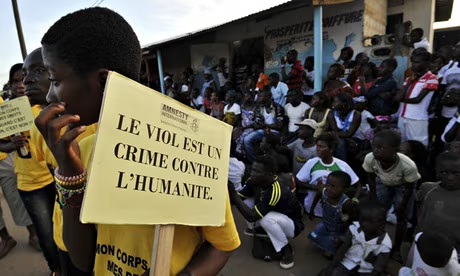The Senior Legal Officer of the Institute for Human Rights and Development in Africa (IHRDA) participated in the Regional Civil Society forum on the theme: “Enforcement of Judgments of the ECOWAS Community Court of Justice (ECCJ) & Implications on Democracy and Human Rights in West Africa”; held in Abuja (Nigeria) in July 2012.
The purpose of the forum was to reiterate the role of the ECCJ in the promotion and protection of Human Rights and Rule of Law in West Africa. One of such role is to ensure that Member States adhere to the decisions of the ECCJ and to address flagrant disregard of decisions by some Member States.
The representatives of Civil Society Organizations in the ECOWAS adopted a declaration at the forum which imposed a duty on ECOWAS institutions, Member States and CSOs/Bar Associations. In order to resolve the problem of non-compliance, the aforementioned three arms were given the following respective responsibilities:
ECOWAS institutions:
- To set up a committee comprising of representatives from the Court, the Commission, Council of Ministers and civil society organizations, that will monitor the implementation and enforcement of ECCJ decisions.
- ECOWAS Heads of States to ensure that the ECCJ decisions are adhered to by invoking Article 77 of the ECOWAS revised treaty.
- The publication of States’ implementation status by the Court.
- ECOWAS law to be incorporated as part of domestic laws.
- The use of new technologies to bring complaints before the Court
Member States:
- To fully implement the decisions of the Court.
- At national level judicial precedents should be given to ECCJ decision.
- Implementation agencies should be set up and empowered to implement the Court’s decision.
CSOs/Bar Associations:
- Publicly denounce Member States that disregard the decision of the Court.
- CSOs to collaborate and address the challenges relating to implementation.
- To name and shame Member States who refuse to comply.
- Member States who have complied with the Court’s decision should be commended.
In order to achieve its mandate to promote and protect human rights, democracy and good governance in West Africa in particular and Africa in general, it is imperative for the ECCJ to ascertain compliance of its decisions by Member States.





